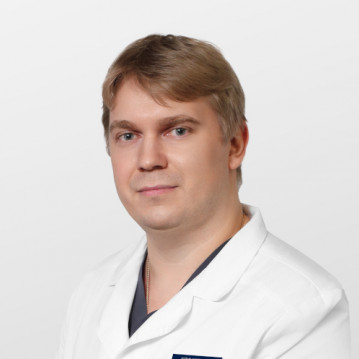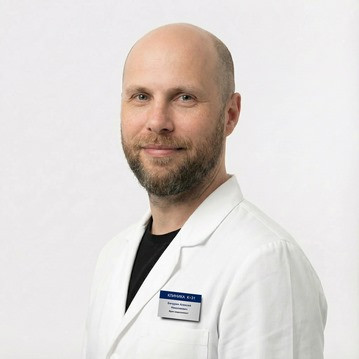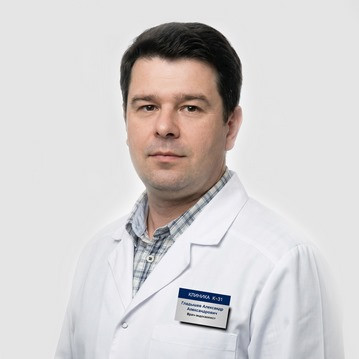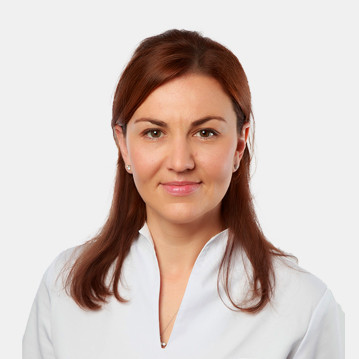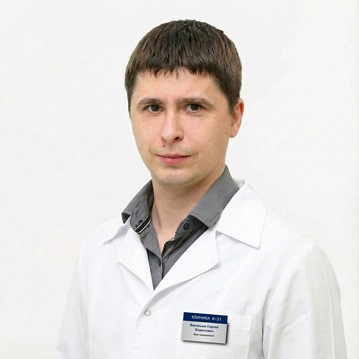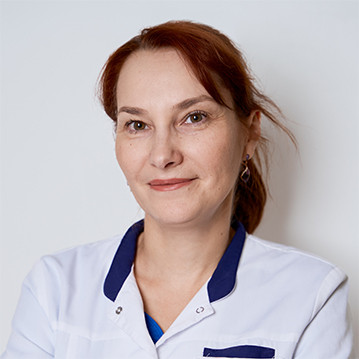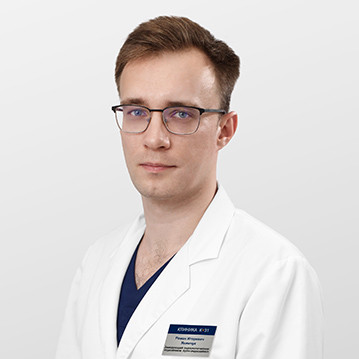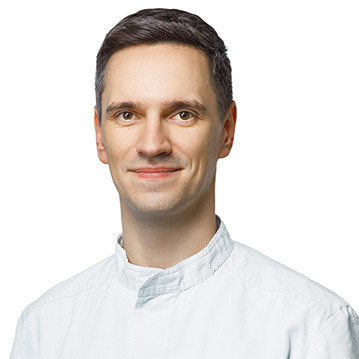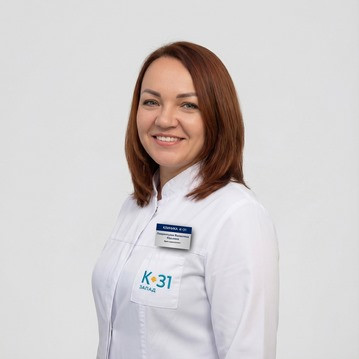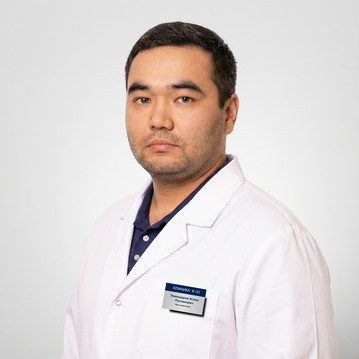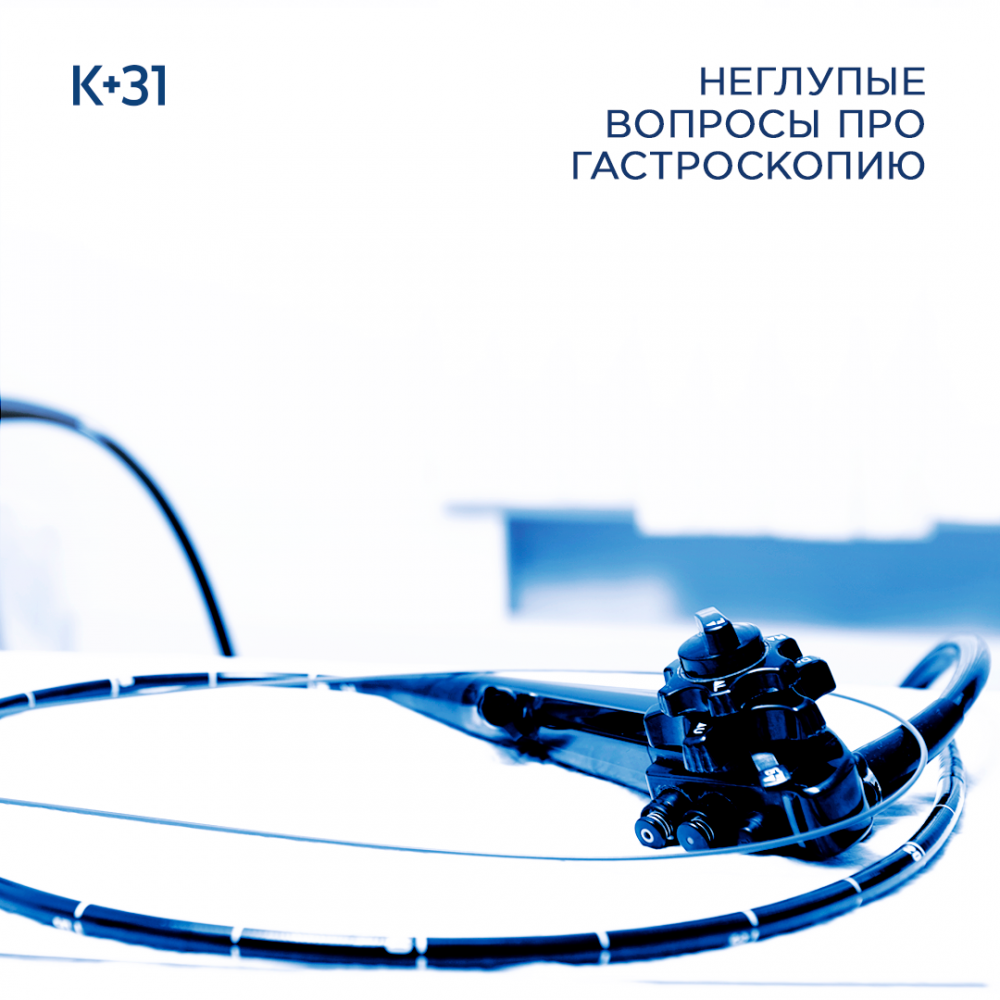
Before the procedure, the doctor must give all the recommendations, tell the patient about the course of the study and the possible risks.
And if you are just planning endoscopic diagnostics and want to get to know this study better, then our article will answer many questions. We would like to thank the head of the endoscopy department, Dr. med. Sciences, endoscopist Ivanova Ekaterina Viktorovna.
Are there any dietary restrictions on the day before the procedure?
You need to prepare for any endoscopy, and gastroscopy is no exception. Before the study, you must limit food intake. If gastroscopy is performed in the morning, then the last meal is recommended in the evening, no later than 7 pm, although the intake of fluids before bed is not limited. In the morning you have to be on an empty stomach. If you follow this recommendation, the stomach will be empty during the procedure, which will make it possible to conduct an informative study and get reliable results.
What about drinking?
If a person goes to gastroscopy, it is better not to drink for several hours (at least 2 hours), otherwise there will be too much liquid in the stomach, which will impair visualization. In addition, during the study, people may behave in different ways: accidentally burp, cough, or start pushing. Because of this, intra-abdominal pressure rises, and stomach contents can pass from the esophagus through inhalation into the airways, increasing the risk of complications.
Can the intestines "shrink with fear" and complicate the procedure?
Yes it is possible. Emotional factors can cause spasm. The intestine contracts. If this happens, we try to straighten it by injecting gas or water into the lumen. We see this by the characteristic whitish mucous membrane of spasmodic folds of the intestine, which can complicate the study. Visibility is impaired, and a neoplasm or superficial ulceration may not be noticed behind the folds.
To prevent this from happening, it is worth premedication or injecting an antispasmodic, or even better, so that fear does not arise, a study should be carried out with intravenous anesthesia - in a dream.
How long does the procedure take?
A standard esophagogastroduodenoscopy takes 10-15 minutes.
What if you want to swallow during the procedure?
Don't worry about that. During the examination, the patient's head is placed in such a way that saliva can passively drain through the corner of the mouth. If a person swallows, he will feel the apparatus, and reflexes may occur. This is undesirable, but not scary. The procedure will continue when the patient has calmed down.
Can an anesthetic pill consumed per day affect the results of the study?
If you had a headache the day before the gastroscopy and you had to take a pill, this will not affect the study in any way.
The effects of taking analgesics become visible if taken on a regular basis. In this case, during gastroscopy, we often diagnose erosive and ulcerative changes in the gastric mucosa.
During the diagnostic study "in a dream" the patient is under the influence of anesthetic, will it hurt after?
If the intervention proceeded smoothly and without complications, there should be no pain or discomfort.
But if there was an increased intestinal tone, and the study was carried out with the introduction of air, then the patient may wake up with a feeling of distention or distention of the intestine. In our clinic, we perform endoscopy using carbon dioxide (CO2), which dissolves quickly and the patient does not feel any discomfort after the examination.
When can I eat after the procedure?
After gastroscopy without anesthesia, you can immediately drink and eat. If lidocaine has been used, it is recommended to wait 10-15 minutes for the local anesthetic to heal.

